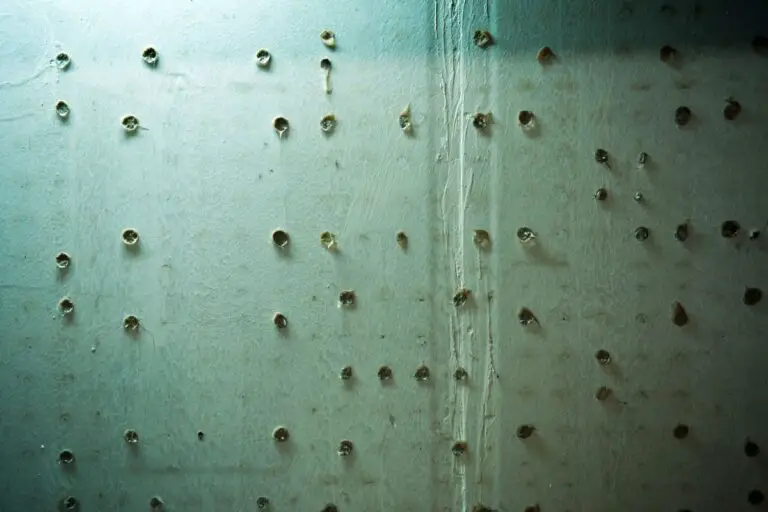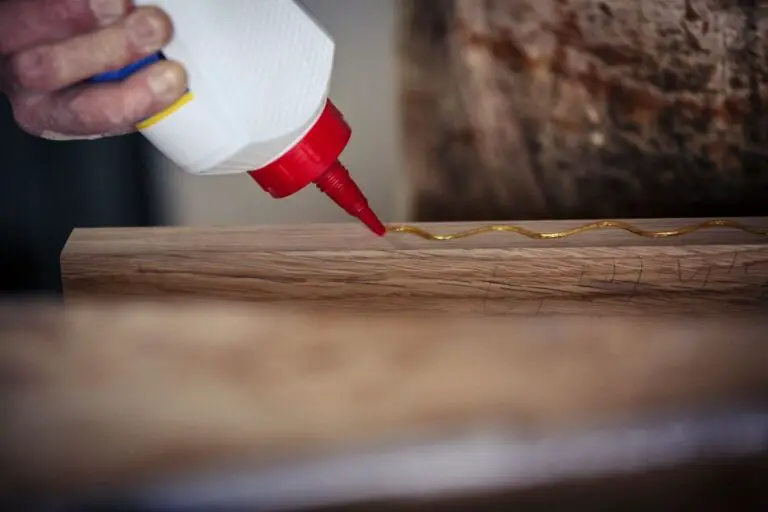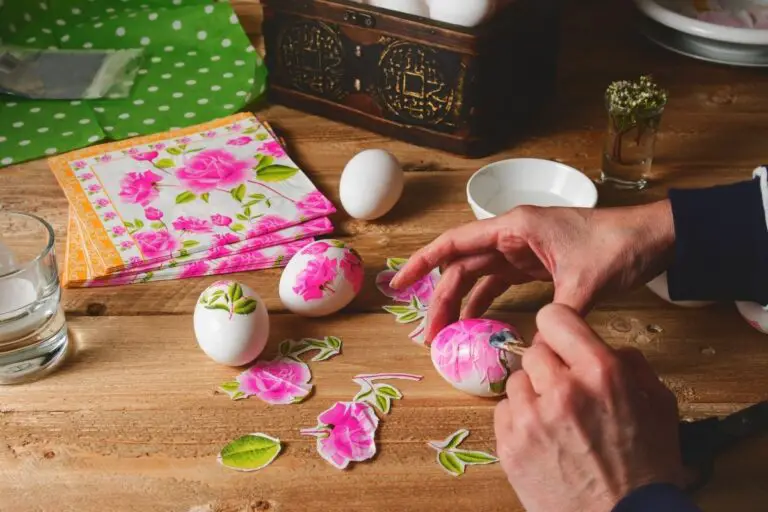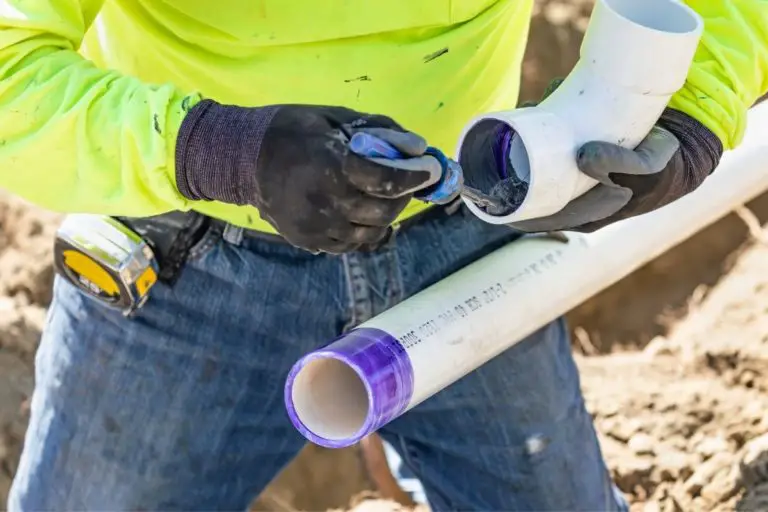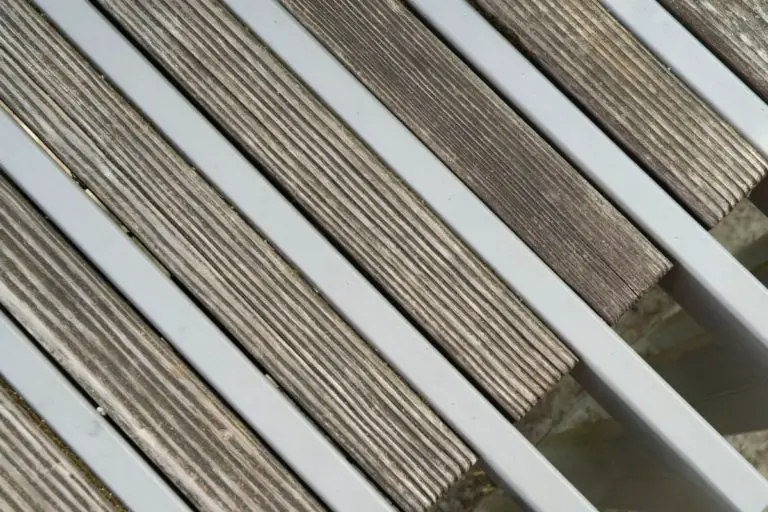Can you Drink Superglue? What Happens If You Do?
You might accidentally get some glue in your mouth while trying to get the bottle open. Some people might even drink glue on purpose because they’re curious about what it tastes like.
This can be harmless if it’s a non-toxic kind of glue, however, if it’s a stronger adhesive like super glue, the risk will be significantly higher.
So, can you drink Superglue? You can’t drink super glue because it contains various toxic chemicals that can cause various health issues if they’re ingested. Super glue also bonds quickly when it comes in contact with moisture, so it will start to harden inside your mouth and might get stuck to your teeth. If you swallow the glue, it will harden in your digestive tract leading to more severe problems
Keep reading to learn more about what makes super glue toxic and what happens if you swallow it.
Contents
What You Need to Know About Super Glue

Super Glue, also known as Crazy Glue, is a kind of adhesive that is made of a chemical compound called cyanoacrylate.
The cyanoacrylate chemical compound is an acrylic monomer that hardens into a plastic-like form when the glue dries. This gives the glue the ability to bond quickly and strongly with various kinds of surfaces metal, wood, ceramic, foam, and glass.
The reason this glue stands out compared to other kinds of adhesives is that it requires the presence of moisture to bond effectively with the surface it’s applied on. So, if you try to use super glue on a completely dry surface, it will not stick very well.
Is Super Glue Toxic?
Superglue is considered a toxic adhesive because it contains various harmful chemicals such as cyanoacrylate, toluene, xylene ethanol, light aliphatic naphtha, and N-hexane.
These chemicals can cause serious health issues if they’re inhaled or ingested in large amounts, whether it’s by accident or on purpose. They can also be harmful if they come in contact with your bare skin or eyes leading to intense irritation or infection.
How Much Super Glue Can Kill You?
Ingesting any amount of glue will not actually kill you, but it might poison your system causing both short-term and long-term damage to your health. The degree of the damage caused will mainly depend on the amount of glue you ingested and whether you swallowed it or not.
What Are the Symptoms of Super Glue Poisoning?
The symptoms of super glue poisoning can vary depending on the amount of glue ingested.
If you ingest a small amount of superglue, you might experience some mild symptoms such as frequent headaches, dizziness, disorientation, abdominal pain, nausea, and vomiting
However, if you ingest a large amount of superglue, you will experience more severe symptoms such as weakness in your immune system. In some cases, you might experience intense hallucinations, seizures, and other neurological problems due to permanent brain damage.
What Happens If You Drink Super Glue?

If you drink super glue, it will immediately start to bond and solidify due to the presence of moisture in your mouth cavity.
If you drink only a small amount of glue, it will likely glue your lips together or remain stuck to your teeth and other parts inside of your mouth cavity. Try not your best not swallow any amount of glue when it’s in your mouth to prevent causing more harm.
To prevent the glue from sticking on the inside of your mouth, it’s recommended to spit it out immediately before it starts to bond and solidifies. It’s not recommended to rinse your mouth with water as this might speed up the bonding process.
If the glue has already bonded on the inside of your mouth, it’s recommended to eat peanut butter or drink some vinegar to soften the bond of the glue so you can spit it out. If you can’t soften the glue, it’s highly recommended to seek professional medical help.
You can also learn what happens if you eat superglue here.
What to Do If You Swallow Super Glue?
If you drink a large amount of glue, you’re more likely to swallow some of it by accident which will cause the glue to bond and solidify inside your digestive tract.
This can lead to having glue sticking to the walls of your intestines and causing a blockage. You will experience severe abdominal pain, nausea and vomiting.
You won’t be able to remove the glue once it’s swallowed, so it’s highly recommended to seek professional medical help as soon as possible.
Related Questions
Can You Get Addicted to Glue?
You can get addicted to glue because inhaling glue fumes produces a temporary sense of euphoria that’s similar to being high on drugs. Glue is also cheap and accessible which makes it easier for individuals to get hooked. This could cause serious health problems in the long run such as lung damage that can lead to acute respiratory failure and brain damage.
Can You Get a Burn from Super Glue?
You can get a burn from super glue because it contains a chemical called cyanoacrylate that creates a reaction when it comes in contact with your skin or clothes. If you get burned from super glue, it’s recommended to wash the burnt area with water, apply an antibiotic ointment, and cover the wound with a sterile bandage.
How Long Does It Take for Super Glue to Dry?
Super glue can take between 12 and 24 hours to dry. However, the rate of the drying process depends on multiple factors including the amount of glue used, how many layers of glue are applied, the kind of surface or material you’re working with, and the climate you’re working in and the temperature of the room.
You can learn how to make your glue dry faster easily here.
Can Super Glue Be Refrigerated?
Super glue can be refrigerated and it can even make it last longer. That is because super glue is made from a chemical compound called cyanoacrylate which polymerizes in the presence of moisture. The humidity in the air contains moisture water for the cyanoacrylate to polymerize, so the best place to store it and prevent any reaction is a dry place such as a refrigerator.
Helpful Resources
Accidental cyanoacrylate glue ingestion
If you like this article, share it!

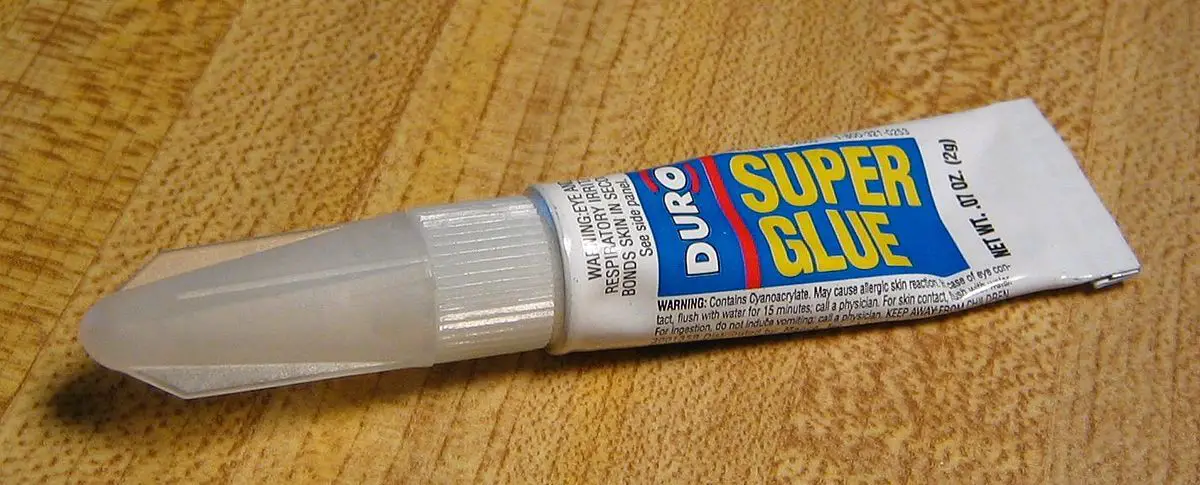
![Can You Paint with Acrylic Over PVA Glue? [Results From Real Tests]](https://simpleglue.com/wp-content/uploads/2021/11/acrylic-paints-768x512.jpg)
